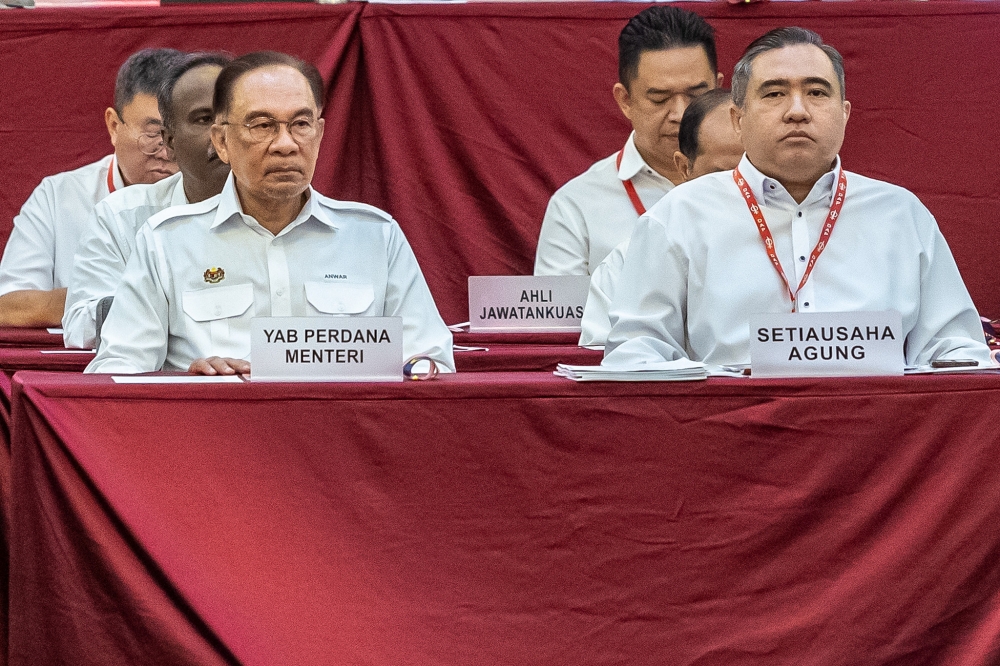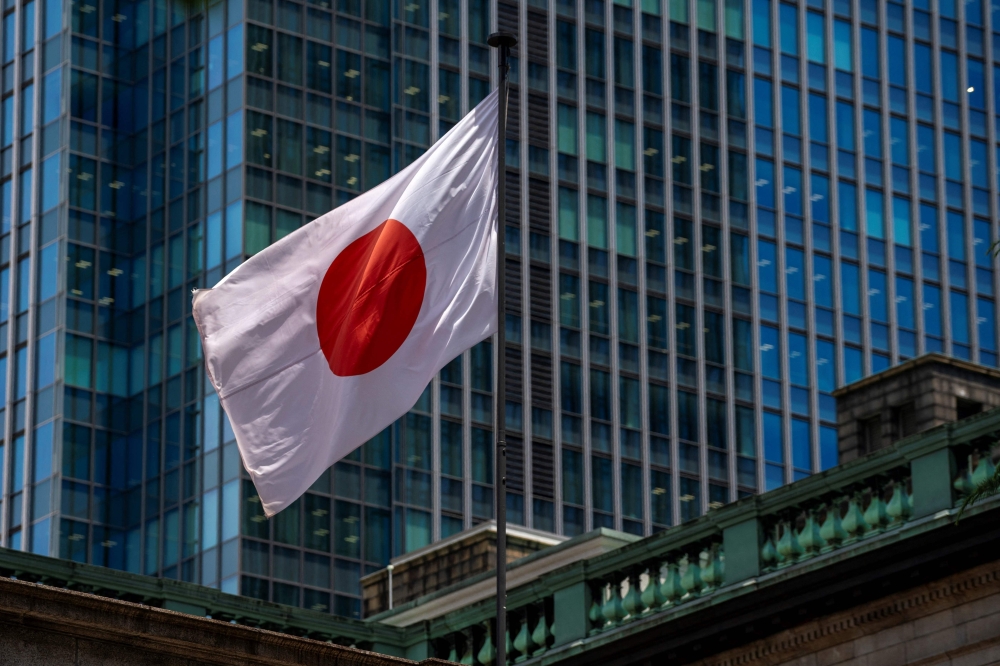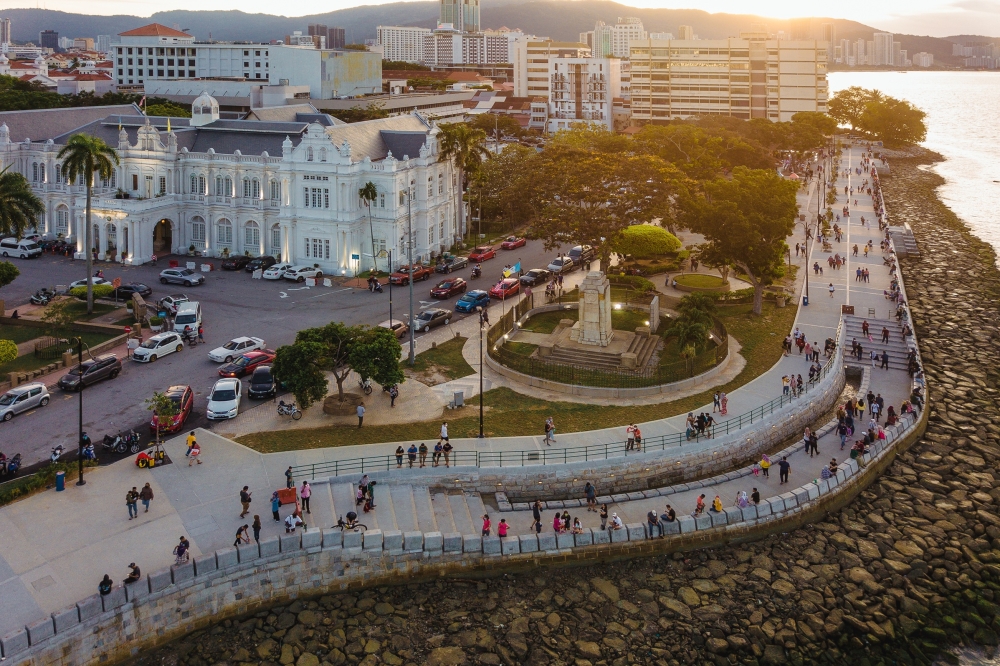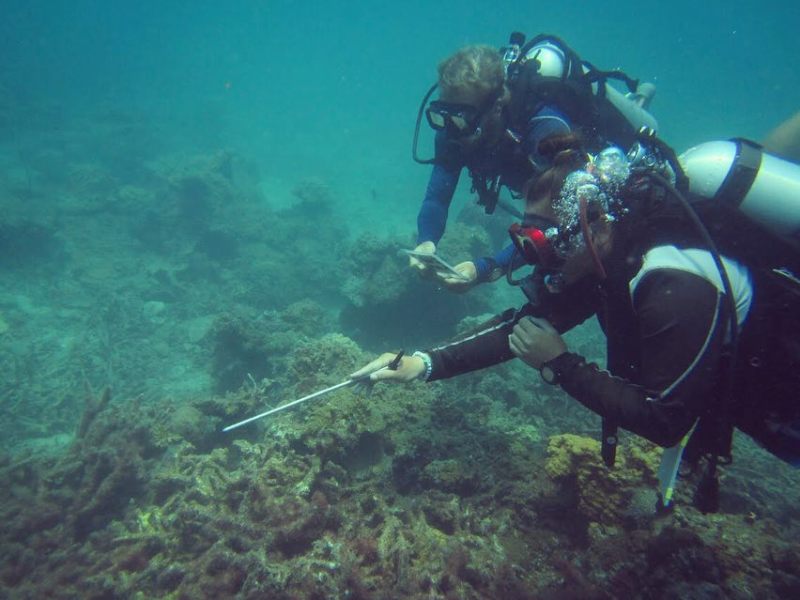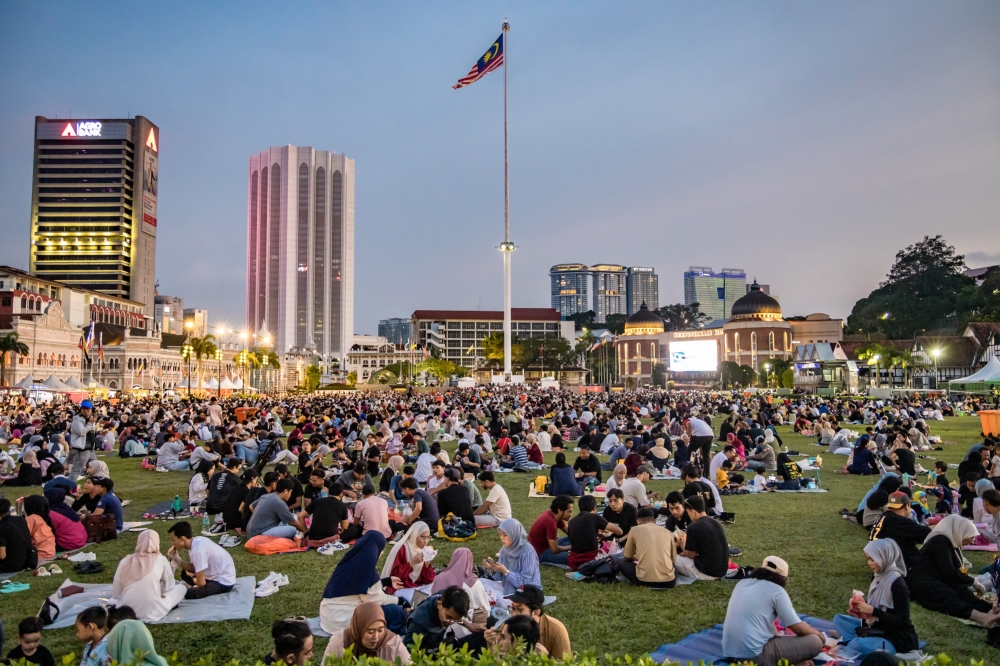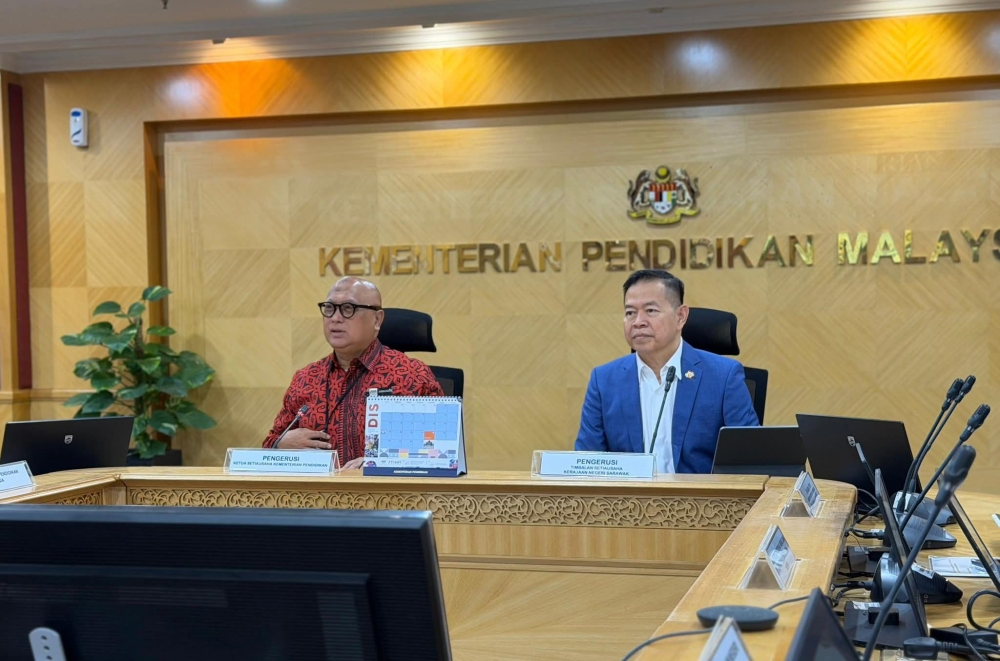PETALING JAYA, Aug 23 ― The coral reefs of popular island destinations in Pulau Redang and Pulau Perhentian are rapidly declining due to climate change.
According to marine conservation non-governmental organisation Reef Check Malaysia, its latest 2019 survey discovered that some coral reef areas around Malaysia’s famous coastlines have been rapidly deteriorating for the past year.
Known for their crystal-clear waters and sandy white beaches, shallow reefs found on the East Coast island of Pulau Redang recorded a steep drop of 35.5 per cent while Pulau Perhentian recorded a decline of 18.8 per cent in live coral over this year.
Certain coral reef sites have also shown increasing amounts of algae, indicating possible pollution.
The NGO which has been monitoring Malaysia’s reefs and seas for the past 12 years announced the findings as part of its annual event Sustainable Oceans: A Fish Eye’s Perspective.
Last year’s review of Malaysia’s coral reefs indicated the reefs were in fair condition.
Reef Check Malaysia general manager Julian Hyde explained in a statement today that despite the alarming discovery, there are solutions to the crisis.
He said it was vital to build the coral reefs’ resilience and at the same time, local stakeholders must be empowered by giving them a role in marine resource management.
Hyde added that the Tropical Storm Pabuk in Terengganu is a prime example of how climate change is affecting Malaysia’s coral reefs.
The storm which struck the Malay Peninsula in January caused major physical damage to shallow reefs and left a negative impact on the reefs that were in the storm’s track.

“All the evidence points to storms becoming more frequent and stronger, so we need to prepare for this.
“We know from earlier events that our reefs have significant natural resilience. The recovery after the 2010 bleaching took only three years, for example, before reefs were back to the same condition as prior to bleaching.
“So this gives us great hope that we can correct this recent decline ― but we must take action soon, before the condition of these reef areas declines further,” Hyde warned.
Erratic weather patterns such as tropical storms brought on by climate change can cause rapid declines in coral reef health.
Sanitation concerns such as sewage pollution plays a major role in disrupting coral reef health, allowing algae growth can suffocate reefs ― resulting in diversity loss and less productive algae-dominated reefs.
Hyde said good water quality and a good number of herbivores to control algae are key in improving coral reefs’ health.
“Good water quality needs better sewage treatment on the islands; healthy herbivore populations need good management of fishing.
“Both of these are easily within our control. Replicating proven success factors in established Marine Protected Areas around the world would be a step in the right direction to preserve local coral reefs,” Hyde said.
Hyde is calling on all stakeholders including the local government, state governments and the Ministry of Tourism, Arts and Culture to participate in reducing local threats to coral reefs such as sewage pollution.
A vital biological and economic resource, Malaysia’s coral reefs provide food and create jobs for thousands.


